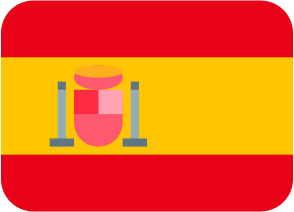Stay Calm in Financial Uncertainty with Practical Money Strategies
Actionable steps to reduce stress, build an emergency fund, and protect your finances during financial uncertainty

Quick calm techniques to stop money panic
Start by slowing your breathing and listing one practical next step, like checking your bank balance or recent transactions. Small actions reduce overwhelm and help you focus on what you can control today.
Use simple tools you already have, such as your mobile banking app or a notes app, to track one week of spending. Seeing numbers clearly shrinks anxiety and turns vague fear into a plan you can act on.
Build a practical emergency fund fast
Set a specific target in dollars and break it into monthly goals. Aim for a starter cushion of one month of essential expenses, then grow it to three months and beyond as your situation allows.
Automate transfers from checking to savings right after payday so you never miss the deposit. Even $50 a week adds up, and automatic savings makes building an emergency fund feel routine, not heroic.
Trim spending without losing quality of life
Focus on recurring bills first because that is where most leaks happen. Call your cable or phone provider, compare insurance quotes, and pause subscriptions you do not use regularly.
Keep small comforts that matter, like a weekly coffee or a streaming service you actually watch. Cutting deep without a plan can backfire, while thoughtful adjustments protect daily morale and long-term budgets.
Protect your finances and credit score
Keep paying the essentials on time to avoid late fees and credit damage. If a bill is going to be late, call the creditor and request a hardship arrangement; many companies will work with you to avoid collections.
Look for ways to maintain liquidity, such as keeping a low-interest line of credit or a credit card for emergencies as a last resort. Monitor your credit score using a free tool and dispute errors quickly to preserve borrowing power.
Make steady progress with simple habits
Create a weekly 10-minute money routine: review balances, check upcoming bills, and move small amounts to savings. Consistency beats intensity; small, repeatable habits protect you during uncertainty.
Consider one income-side move like picking up weekend freelance work or selling unused items online to add cash flow. These steps build resilience and lower stress because they increase options when things change.
When to seek professional help
If debt feels unmanageable or anxiety is interfering with daily life, contact a reputable credit counselor or a fee-only financial planner. A local pro can map out options like negotiating bills or prioritizing payments in a way tailored to your situation.
Start with free resources provided by nonprofit credit counseling agencies and your bank’s financial education center. Getting clear guidance fast prevents small problems from turning into crises and helps you stay calm and in control.






























